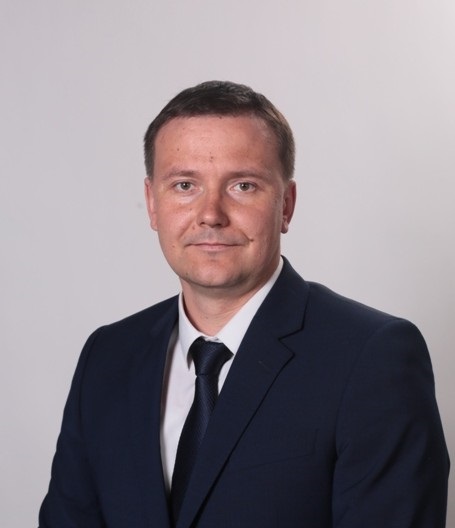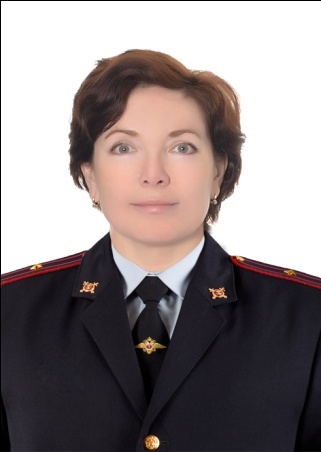Maiorov Nikolai Nikolaevich
 e-mail: nmsoft@yandex.ru
e-mail: nmsoft@yandex.ru
Place of work: Saint-Petersburg State University of Aerospace Instrumentation, Saint Petersburg, Russia
Academic degree: Candidate of Technical Sciences
Academic status:  Associate Professor
Post: Director of the Institute of Aerospace Instrumentation and Systems,
Associate Professor of the Department of System Analysis and Logistics SUAI
Specialty from nomenclature of scientific specialties (Code of Higher Attestation Commission):05.13.12 Design Automation Systems
Scientific major: theory of transport processes, simulation of transport systems and processes, intelligent transport systems
Important publications:
- Maiorov, N.N. Improvement of the quality of the sea passenger terminal based on methods of forecasting / N.N. Maiorov, V.A. Fetisov // NaŇ°e more (Our Sea). 2018. Vol 65. No 3. pp. 135-140.
- Maiorov, N.N. Research of Marine Ferry Systems Based on Discretization pf Processes and Simulation Ferry Market Based on CIRCOS Intensity Graph/ N.N. Maiorov, V.A. Fetisov, Sreńáko Krile // NaŇ°e more (Our Sea). 2020. Vol 67. No 1. pp. 45-52.




